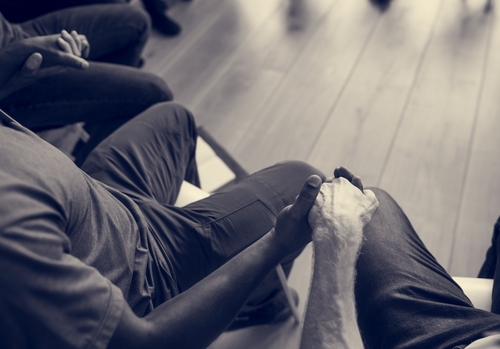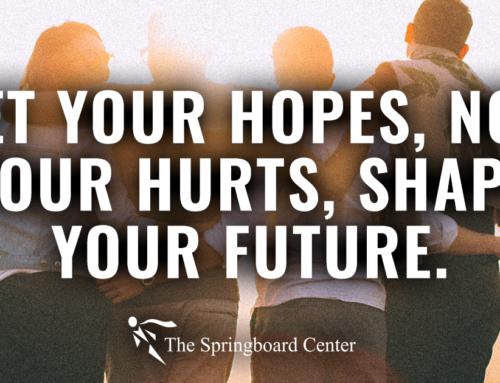Often the term ‘depression’ is thrown around in conversation every day but many people do not know this term has many meanings. Some people are very loose about how they use the term and, when it comes to actual grief, there are clinical terms to use that categorize them as major illnesses, depending on the situation. Bereavement or grief is a nature of experiencing loss. Learn more about the differences between grief and depression.
Types of Depression
There are two different types of depression. Learning about the types of depression can be helpful when figuring out what causes them and how to seek help.
- Dysthymia is a depression of lesser severity than MDD but can be long-lasting. This may result in depressive moods that last for up to two years, two or more symptoms that can include poor sleep, too much sleep, feeling hopeless, or not feeling well overall.
- Dysthymia may also cause problems related to social, occupational, and other functioning in daily life.
The other type of disorder, major depressive disorder (MDD) can manifest in similar, yet different ways:
- More classical diagnosis of depression. It must be a depressed mood, lack of pleasure, and include five or more of the following criteria.
- Depressed feelings daily or most of the day
- Detachment or lack of pleasure
- Increase or decrease in weight
- Chronic insomnia or sleeping too much
- Agitation or restlessness
- Fatigue
- Inappropriate guilt or feelings of hopelessness
- Lack of ability to focus
- Symptoms causing issues related to daily living and functioning
When Grief Appears
The DSM-5 does not always look at grief and bereavement in the way that it could to support people struggling with grief. Dealing with grief can be difficult when it is confused with depression. Normal grief cannot be healed with medicine. It is a natural response to loss. Normal grief may be experienced by crying, stoicism, peaks of feeling good followed by feelings of loss, feeling love, then devastation, and the need to be surrounded by others to help. Grief comes when it comes as a result of difficult circumstances, pain, and loss. Untreated grief may turn into depression and this makes understanding both very helpful when seeking treatment and support.
The Springboard Center helps you look at grief and addiction, along with mental health issues, as a serious challenge that needs support. We will help you walk through what is going on in your life that led to addiction and help create a customized plan to support your recovery. It is important to recognize that many of our services offer a group setting and environment, so that the client spends time with other people affected by the same chronic disease and problems. Call us to seek assistance with addiction: 432-620-0255



